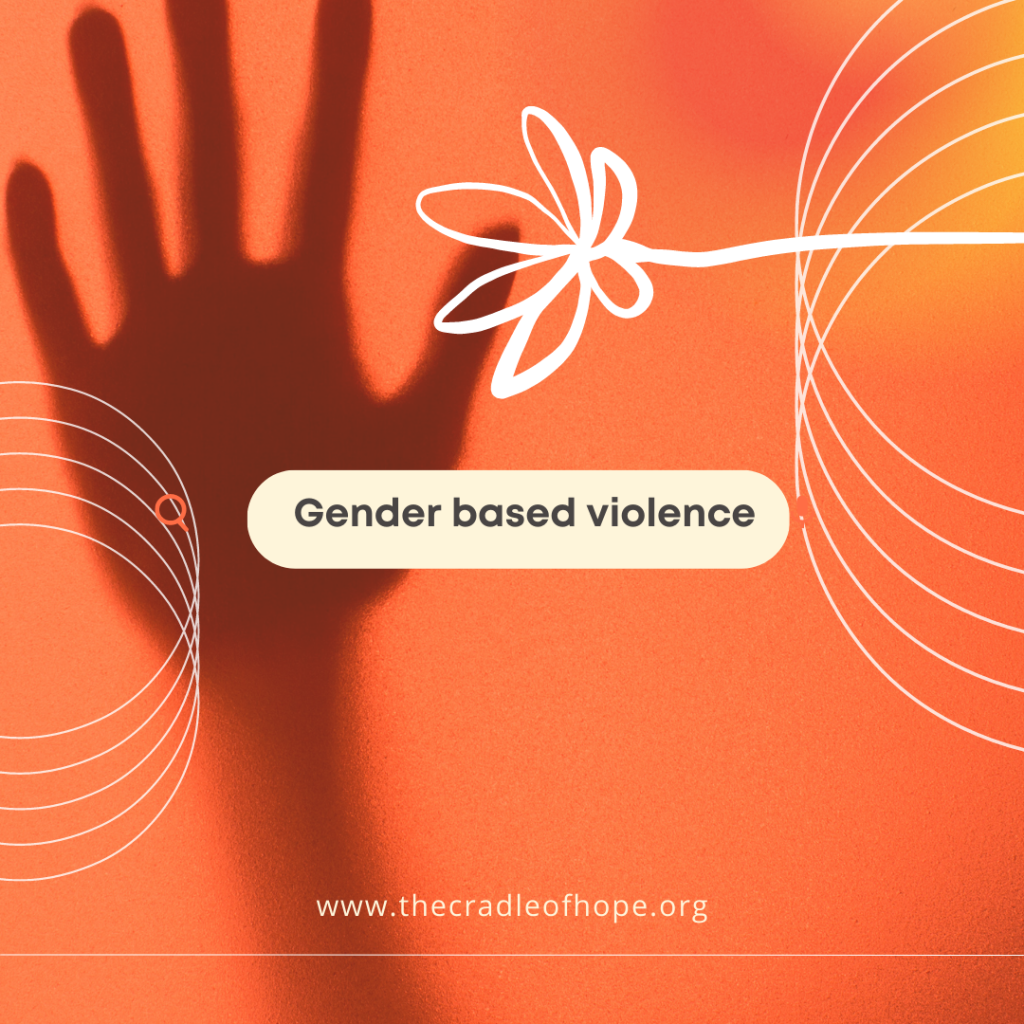Gender-based violence (GBV) in South Africa takes many forms, including physical, psychological, and sexual violence. Women and girls are particularly vulnerable to GBV and are most likely to be victims of intimate partner violence. Physical and verbal abuse often accompanies this form of aggression and can have long-term severe psychological effects. Additionally, South Africa has one of the highest rates of femicide in the world, with an estimated one in three women experiencing physical or sexual violence from their partner.
The South African government has taken steps to address GBV in the country, including passing the Domestic Violence Act in 1998. This act provides legal protection for victims and allows for restraining orders to be issued. However, it is clear that there is much talk, but no adequate protection or assistance is in place. More needs to be done to reduce the prevalence of GBV in South Africa.
One way to do this is by increasing awareness and education around the issue. Educating people on the signs of GBV and the resources available to victims can help create an environment where victims feel safe to report incidents and receive the support they need. Additionally, it is crucial that law enforcement hold perpetrators accountable for their actions and that victims have access to justice.
Gender-based violence is a severe issue in South Africa that requires urgent attention. Increasing awareness and education around the problem and ensuring that perpetrators are held accountable for their actions can help reduce the prevalence of GBV in South Africa. Victims must receive the support they need.
Gender-based violence is a pervasive problem in South Africa, disproportionately affecting women and children. This form of violence has a devastating impact on its victims, leaving them with physical and psychological trauma that can last a lifetime. Unfortunately, there is no available data on the exact number of shelters closing down in South Africa between 2017 and 2023. However, a report from the South African Institute of Race Relations (SAIRR) found the number of shelters for homeless people in the country had decreased by 10% between 2017 and 2019. The report also found the number of shelters for victims of gender-based violence had reduced by 8% in the same period. There is a lack of bio-psychosocial support for victims of gender-based violence in South Africa, which is why places like THE CRADLE OF HOPE’s House of Restoration are so important.
THE CRADLE OF HOPE’s House of Restoration is a safe haven for women who have experienced gender-based violence, or any abuse that left them vulnerable. It provides a supportive and nurturing environment, access to services such as coaching and counseling, assistance with finding a job, and a wide range of resources such as meals and clothing. This kind of support is invaluable to victims of gender-based violence, who often feel isolated and alone. Women who suffer from abuse need a place of safety and bio-psychosocial support to deal with and overcome their trauma. The psychological, physical, and emotional effects of abuse can be long-lasting and debilitating. A safe space and supportive environment can provide the necessary means and support to help them heal from their trauma and move forward with their lives. They need to receive assistance that empowers them by learning coping skills and developing a better understanding of their experiences. Having a safe place to talk about their experiences can help them build a support network and increase their resilience and self-esteem.
Unfortunately, the government of South Africa does not provide much in the way of aid for victims of gender-based violence. As a result, it is up to civil society to reach out to victims and provide the help they need. THE CRADLE OF HOPE’s House of Restoration is a shining example of what happens when people come together to help those in need. We have received many testimonials of women whose lives were changed because of the empathy and assistance they received from us. The House of Restoration is a testament to the importance of providing a safe and nurturing environment for those in vulnerable circumstances.

